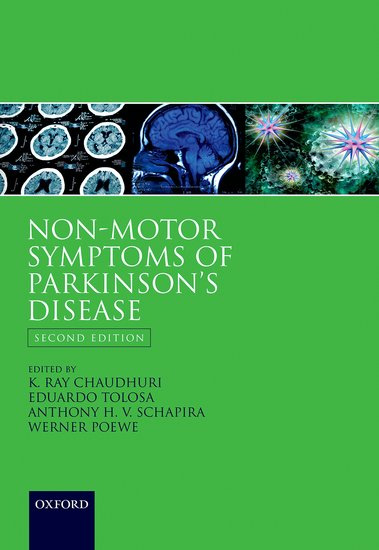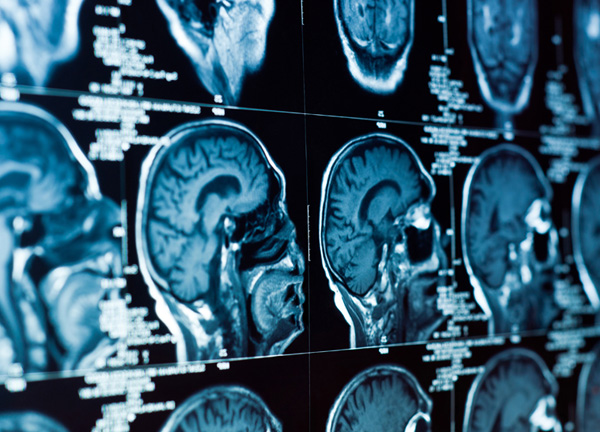 ‘Non-Motor Symptoms of Parkinson’s Disease’, co-authored by Professor K Ray Chaudhuri of the Institute of Psychiatry, Psychology & Neuroscience (IoPPN), has been highly commended in the Neurology category at the 2015 BMA Medical Book Awards.
‘Non-Motor Symptoms of Parkinson’s Disease’, co-authored by Professor K Ray Chaudhuri of the Institute of Psychiatry, Psychology & Neuroscience (IoPPN), has been highly commended in the Neurology category at the 2015 BMA Medical Book Awards.
The textbook, now in its second edition, features contributions from leading Parkinson’s experts across the world and remains the only one of its kind.
Professor Chaudhuri of Basic & Clinical Neuroscience at the IoPPN is editor-in-chief of the book. He said:
“Non-motor symptoms of Parkinson’s disease, the second most common neurodegenerative disorder in the world, affect virtually everyone who has the condition and range from depression and anxiety to pain and sleep dysfunction. It is one of the greatest determinants of quality of life of the patient and carer – yet continues to be under-researched and under-recognised in clinics, resulting in poor management. I’m delighted to receive this reward, which recognises the efforts of my co-authors, colleagues at King’s – including Professor Richard Brown – and more than 30 experts across the world who provided insights into the range and nature of non–motor symptoms.”
The BMA Medical Book Awards take place annually to recognise outstanding contributions to the medical literature.
Prizes are awarded in 21 categories, with an overall BMA Medical book of the year award made from the category winners.
Special prizes are awarded for the BMA Student Textbook award, the BMA Illustrated Book Award and the BMA Board of Science Award for the Public Understanding of Science. The Chair of the Board of Science also makes a Chair’s Choice. These special prizes are chosen from all of the shortlisted books.
The judging panel awards books for their applicability to audience, production quality and originality.
‘Non-Motor Symptoms of Parkinson’s Disease 2nd Edition’ by K. Ray Chaudhuri, Eduardo Tolosa, Anthony H.V. Schapira, and Werner Poewe is available through Oxford University Press.
Researchers at the IoPPN, led by Professor Chaudhuri, recently developed questionnaires that are used by doctors to help ensure patients with Parkinson’s get treatment for non-motor symptoms.


